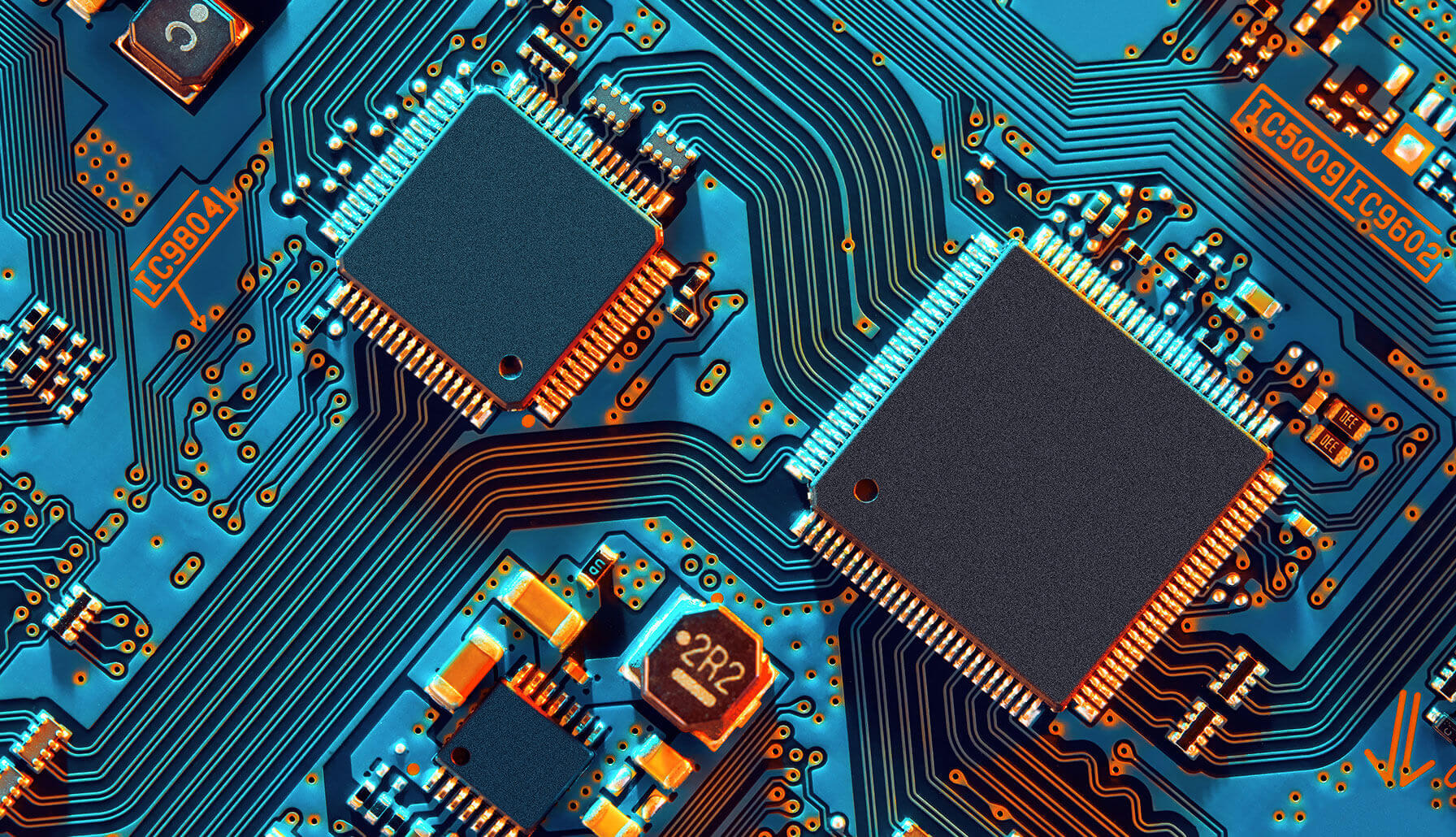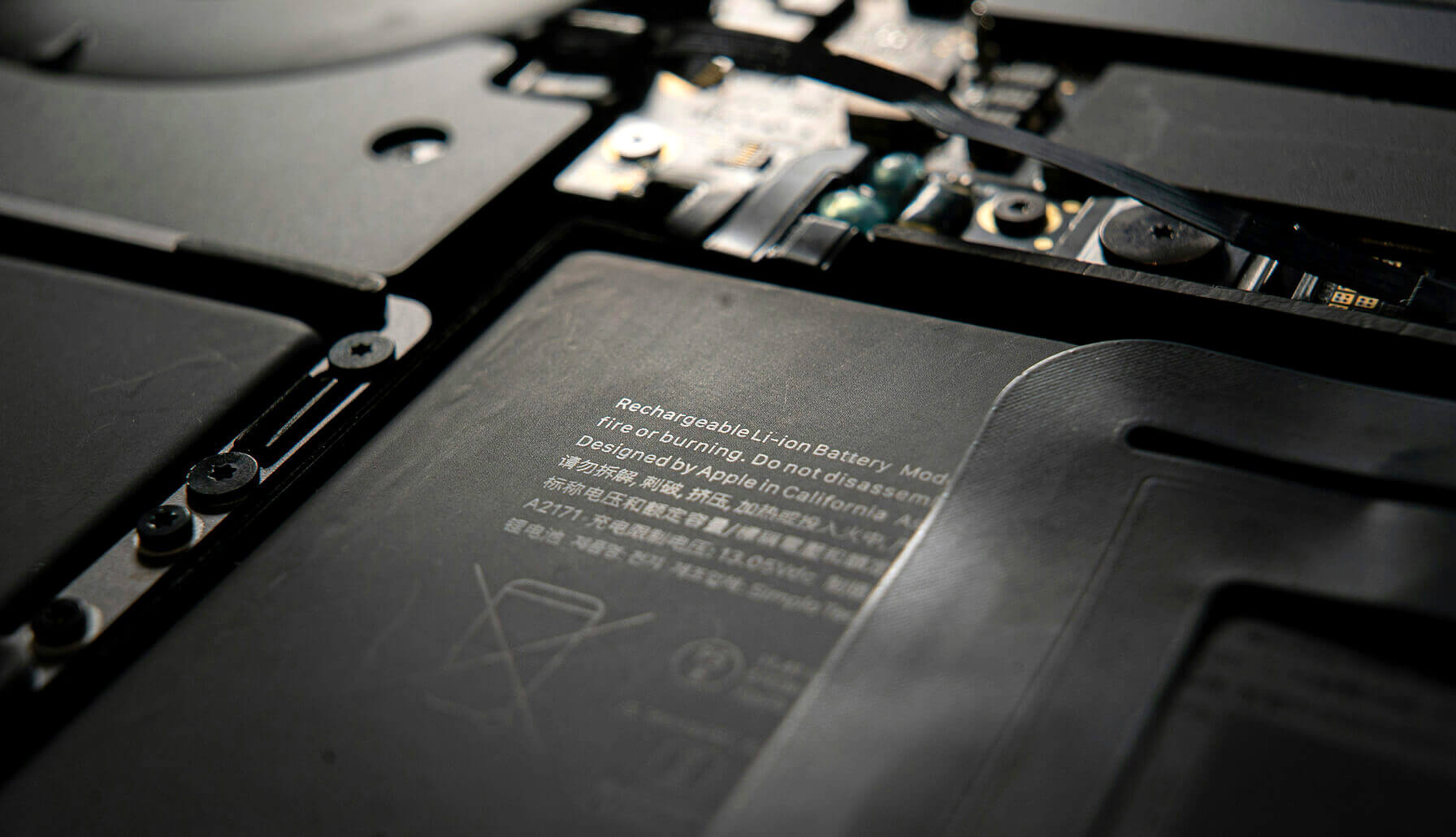European Commission to invest billions in European chip production
European Commission to invest billions in European chip production
Last December, the European Commission presented the European Chips Act, with the aim for Europe to eventually become market leader. The commission wants to invest over 43 billion euros in the chip industry. However, the Act does not address the huge impact when it comes to the environment, e-waste and recycling.
The market share of European companies in the international chip market is approximately 10 percent, according to the European Commission; by 2030 it should be 20 percent. With the European Chips Act, the European Union intends to reduce its dependence on other regions when it comes to chips production, such as the United States and Asia, due to rising geopolitical tensions and the chip shortage that emerged in recent years. The findings of the Chips Survey, launched by the European Commission, highlighted that industry expects demand for chips to double by 2030. This reflects the growing importance of semiconductors for European industry and society. However, there will be challenges in meeting this increasing demand, especially in light of the current semiconductor supply crisis.
The law will not take effect immediately; the European Chips Act is still to be debated in the European Parliament next year. In the short term, the Chips Act should ensure that “Europe is more resilient to crises,” states Commission President Ursula Von der Leyen, referring to the large chip shortages that arose during the pandemic. According to the European Commissioner for the Internal Market, Thierry Breton, the chip industry is crucial for Europe: “Without chips there is no digital transition, no green transition, no technological leadership”.
Strengthening Europe’s technological leadership
The European Chip Act stems from an alliance established by the European Commission in mid-2021. The goal is to cooperate more at the European level and to strengthen Europe’s position when it comes to semiconductor production. In the long run, the Chips Act should ensure that Europe becomes a major player in the chip industry. 11 billion euros will be made available for semiconductor research and development. Semiconductors are equivalent to billions of transistors joined together and are essential for the operation of all modern electronic devices: they power our laptops, smartphones, and tablets.

Conclusions emerge that the significant CO2 emissions and e-waste semiconductors produce, are completely overlooked and the Chips Act doesn’t include any clear goals when it comes to recycling
Chips Act might backfire if environmental impact is ignored
The new EU legislation faces criticism of various organizations. In a thorough analysis of the Chips Act, the Association for Computing Machinery (ACM) and the Europe Technology Policy Committee (Europe TPC) conclude that the Commission does not elaborate on any hazardous waste by-products – except for ‘fluorinated greenhouse gasses’ – nor does it set out clear requirements for handling such hazardous waste. Moreover, they claim that the significant CO2 emissions and e-waste semiconductors produce, are completely overlooked and the Chips Act doesn’t include any clear goals when it comes to recycling. According to ACM and Europe TPC, the Chips Act downplays key opportunities for extracting critical rare earth metals from industry by-products and electronic waste and lacks a strong mandate for ‘cutting edge’ semiconductors to be designed for a better recyclability and thus reduce environmental impacts of the disposal phase.
Both organizations urge the Commission to be aware of the environmental impact of semiconductor innovation. “This is a key driver of increased energy demand and a rising IT carbon footprint (….) . Europe’s semiconductor investments should include funding for materials and process innovation in order to increase the recovery of materials from electronic waste and to improve the recyclability of chips”. While creating facilities for the manufacture of semiconductors, the EU should also take responsibility for its disposal, as a matter of social justice and encourage innovation of more responsible practices, both organizations add. If the Commission refrains from acting on the downsides of the Chips Act, it might backfire. “The Chips Act might produce ‘rebound’ effects potentially significant enough to wholly negate efficiency savings or even induce net energy and emissions increases”.







